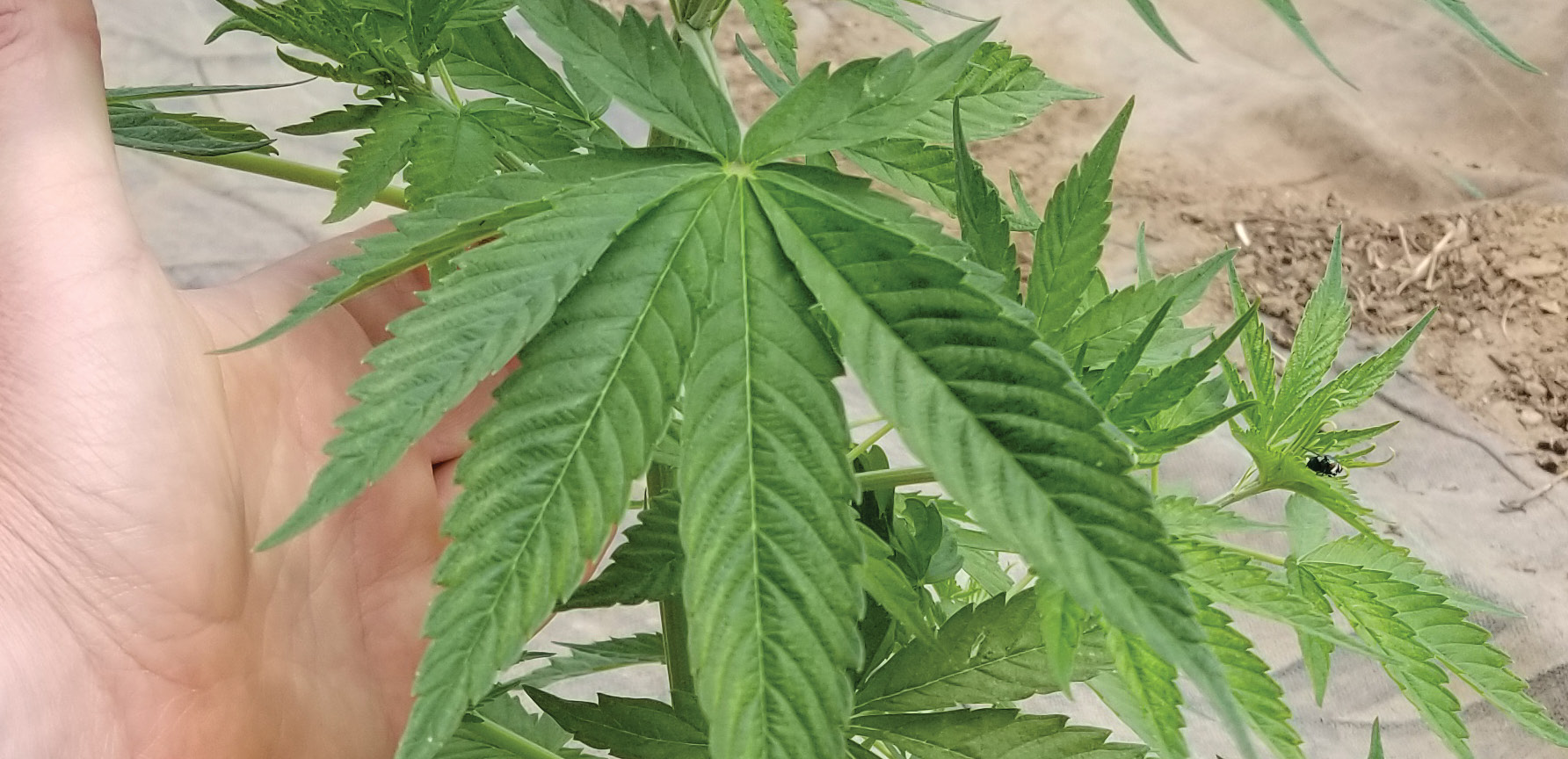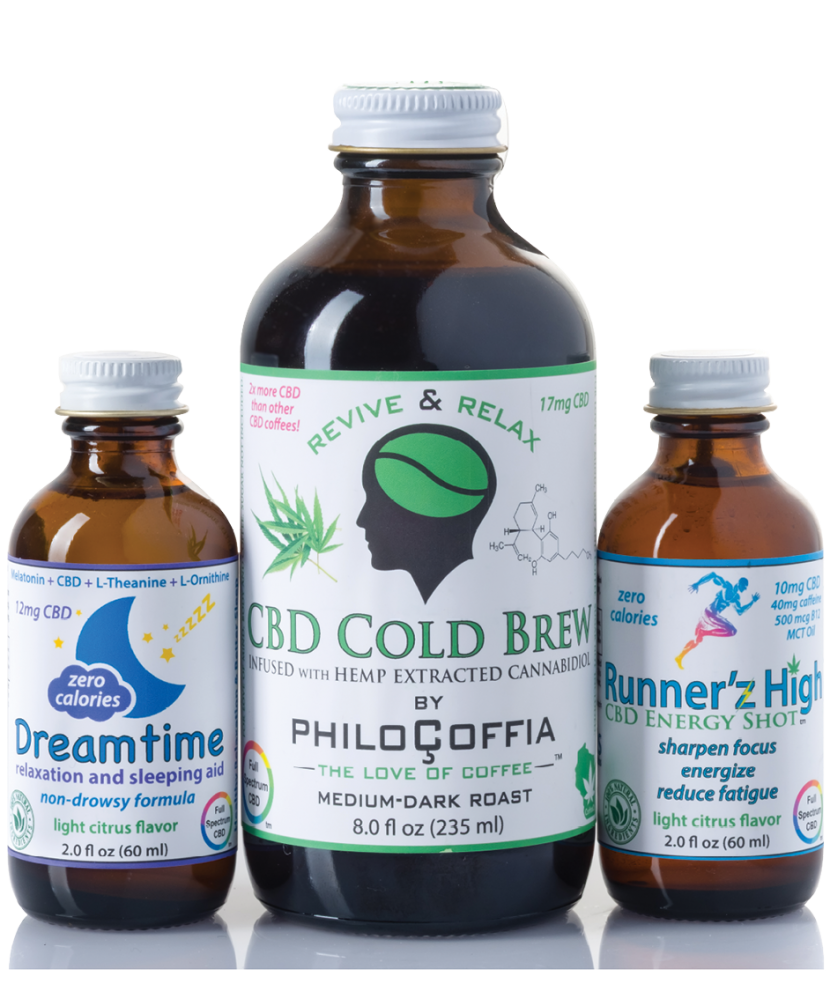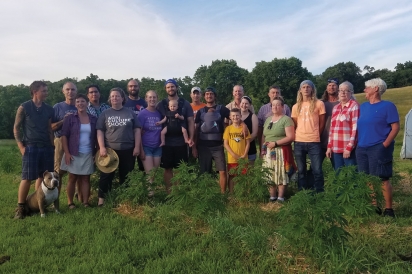A CBD Conversation
It is now legal for Wisconsin farmers to produce industrial hemp, thanks to the infamous 2018 Farm Bill. This multi-billion dollar legislature finally allowed farmers to grow some cannabis crops for use in food, textiles, industrial products, paper and medicinal CBD. But of course it isn’t that easy, growing hemp comes with hoops to jump through.
Tetrahydrocannabinol, more often known as THC, is the substance in cannabis that delivers a psychoactive effect, the classic “high” associated with marijuana. Marijuana has been demonized throughout history as a gateway drug. Censures on marijuana started with the Marihuana Tax Act of 1937 under the Roosevelt administration, and was made completely illegal with the 1970 Controlled Substances Act, signed into law by President Richard Nixon.
With current studies debunking the harmful myths of the plant and discovering surprising remedies for hundreds of medical ailments from the beneficial cannabidiol (CBD) found in cannabis, states like California, Colorado, Michigan and Illinois have taken the step forward into both medicinal and recreational legalization. But in our state of Wisconsin, what are the rules? How do farmers legally grow a plant for the medicinal benefits while avoiding the psychoactive properties?
President of the South Central Wisconsin Hemp Cooperative, FL Morris explains, “There are five different families of cannabis… marijuana, CBD, hemp fiber, grain fiber and ditch weed or feral hemp.” As the CBD cannabis plant itself goes through the course of its life, the THC and CBD levels are tied to each other until the point of peak maturity. In CBD specific strains, when the CBD content is at its highest point that marks the time for harvest. THC, however, is produced when the plant reacts to stress. “THC is a natural plant protectant,” says Morris, “so if the plant is stressed out from either drought or storms or as its dying, that’s why THC is rising. Pests, diseases, any of those things can spike THC.”
According to the 2018 Farm Bill, cannabis crops are able to be grown legally in Wisconsin if they have less than .3% THC in the plant. This provides an optimal window for harvest, during which a representative from the Department of Agriculture comes to test the crop for legal THC levels. If those levels are below .3%, the crop is ready to be harvested and sold. If, however, the representative is even a few days late to test the crop, THC levels can spike and cause farmers to face disciplinary action. Morris says that local farmers, “...invested hundreds of thousands of dollars, only to get tested too late, even though the difference of one to three days could mean a failed compliance test because of the way THC levels rise over time.”
When a “hot crop” test of more than .3% THC is issued to a farmer, there is only one optional chance to pay the state to retest the crop for THC compliance. However in 2019, delays in the state’s own processes made the one possible action to dilute THC levels with irrigation water hopeless for farmers. Oftentimes producers have to destroy the crop which can be an additional expense to the already devastating loss of profits. But how did Wisconsin choose .3% THC as an appropriate benchmark? “Not only is that .3% completely arbitrary, it’s based on a marketplace marker around international sales of grain and fiber. So it really has nothing to do with growing CBD,” says Morris. It takes about six to eight full percentage points to feel even a mild psychoactive effect from THC, yet Wisconsin farmers play the dangerous game of balancing CBD content while avoiding even the smallest amount of THC. “People who had maybe one percent THC could be able to grow 20% CBD with that, but that would make them criminals,” says Morris, demonstrating how striving to produce the best product sets these agriculturalists up for failure.
Luckily for Wisconsin’s cannabis farmers, the South Central Hemp Co-op was formed as a response to Wisconsin’s industrial hemp legalization. Morris was one of the five original founding members of the cooperative, “As we started hearing more and more about the risks stacking specifically against farmers who get into this industry, we realized a cooperative model was an obvious response to sharing resources, sharing information, taking on more of a supply chain through cooperative marketing and just supporting each other as growers in this unique circumstance where there is no institutional knowledge of CBD.” Now, the South Central Wisconsin Hemp Cooperative has nine member producer farms compiling over 250 years of agricultural experience who strictly produce certified organic CBD. There is definitely a learning curve for Wisconsin hemp producers, tiptoeing along the line of legality. But after the rigorous rules of growing cannabis, successfully harvested CBD goes to use. Wisconsin is no exception to the widespread CBD craze. Smoke shops and health food stores have embraced this new wave of canna-culture with open arms, looking to help customers feel better in a more natural way.
CBD is now used in vital medicines like Epidiolex, a new pharmaceutical using cannabis to treat seizures. But CBD doesn’t just benefit those who are ill. Johnny Stallion of Philoçoffia found a way to introduce CBD to the average Milwaukeean through something we all know and love: coffee. “When I first heard of CBD and didn’t know what it was, I was already making paleo coffee and selling it at places like Outpost, but I didn’t want to get behind something just because it was a fad,” says Stallion.
Philoçoffia produces cold brew coffee enhanced with full spectrum CBD. After some experimentation, Stallion found that CBD did in fact compliment his lifestyle: “What I’ve noticed for myself is that I’m not an incredibly anxious person, but CBD makes issues through the day a little bit easier to get through.” It turns out that coffee was the perfect CBD vehicle. The CBD isolate that Stallion uses to produce his coffee beverages is odorless and flavorless, so consumers can only taste Philoçoffia’s signature flavor, “The coffee dominates the flavor because I use a Rum barrel-aged coffee with Madagascar vanilla, a little chocolate and a dash of cinnamon. No sugar.”
The result? A good old cup of joe without the typical caffeine jolt. While he was first experimenting with CBD coffee, Stallion realized, “I still got the energy that everyone wants from the caffeine, that myocardial stimulation, but I didn’t like the tension in the chest, the jitters if you will. And it seemed to reduce that for me.” The endocannabinoid system is tied to one’s flight or fight response, soothing effects of anxiety and in this case, the uncomfortable side effects of caffeine.
Not in the mood for coffee? Stallion has expanded the Philoçoffia brand to include the energy shot Runner’z High, and Dreamtime, a relaxation and sleeping aid both with the benefits of CBD. These shots are perfect for those who want to dip their toes into the CBD waters with convenient dosing and a bright citrusy kick! Consumers can find Philoçoffia products in stores like Beans & Barley, Outpost Natural Foods and other health food stores in southeastern Wisconsin.
CBD is proving to be more than the next health food craze and hemp is advancing into Wisconsin’s agricultural prowess. Looking back merely 50 years ago, cannabis production at this scale in Wisconsin would be unheard of and unequivocally illegal. But thanks to the South Central Wisconsin Hemp Cooperative and businesses like Philoçoffia propelling our state forward into the current hemp landscape, the future of CBD looks promising and, best of all, local.





